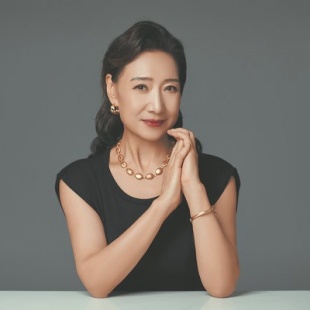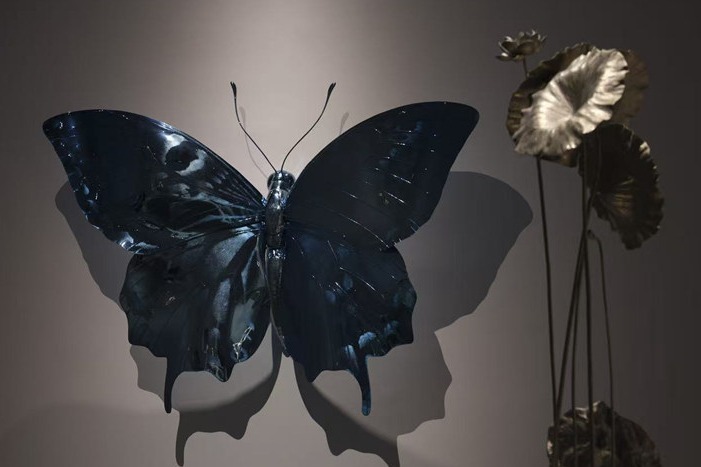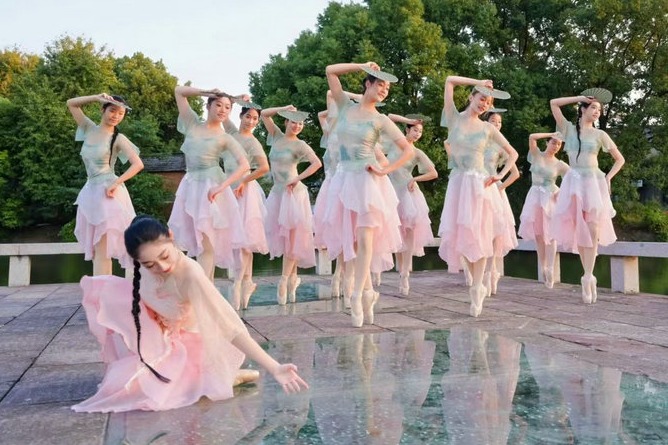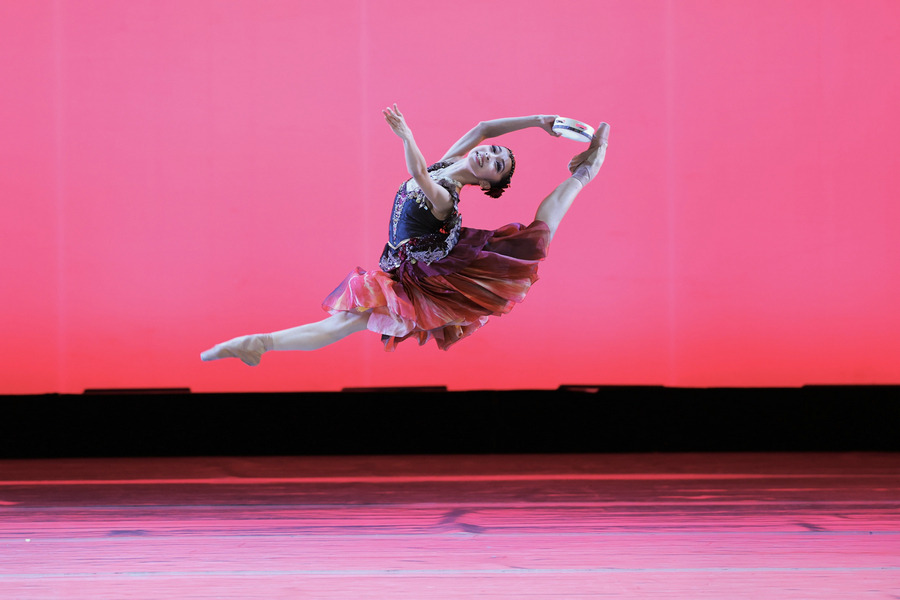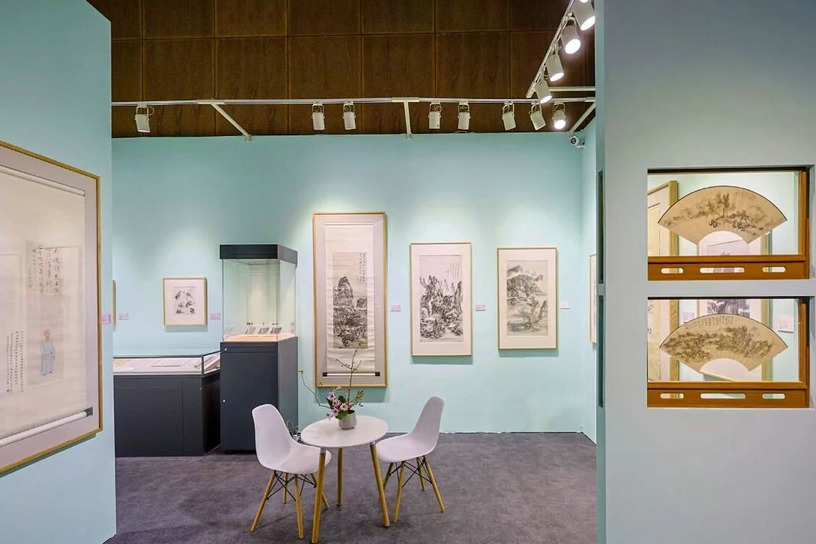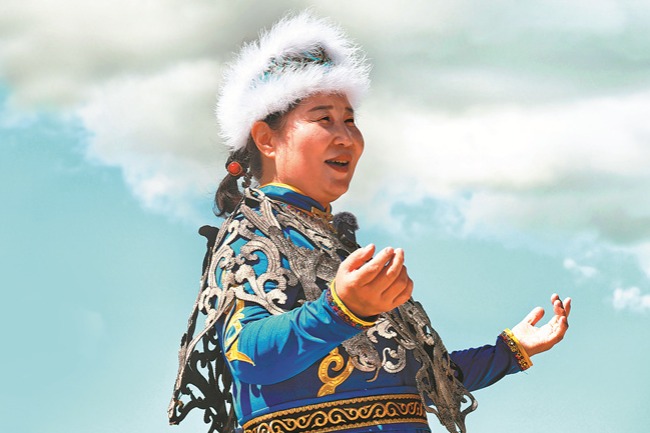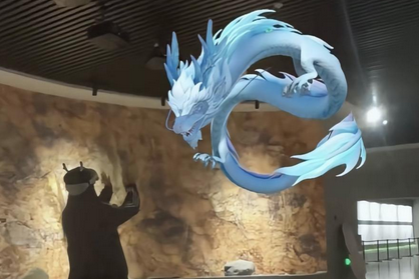Traditional with a twist
In addition to popularizing the erhu, Jiang Jianhua has found ways to give the classical instrument a contemporary sound, Chen Nan reports.


Born and raised in Shanghai, Jiang began learning the instrument with her uncle Tang Chungui, an erhu teacher, when she was 10. She says that her family loved music and often sang at home to erhu music.
"The erhu was like a toy when I was child. Before I formally learned to play with my uncle, I played it for fun," she says.
In 1974, Jiang went to Beijing to study at the middle school affiliated to the Central Conservatory of Music and in 1978, she was admitted to the Central Conservatory of Music.
She experienced a life-changing moment later that year when Japanese conductor Seiji Ozawa (1935-2024) visited China. Ozawa had been officially invited by the Chinese government to work with the China National Symphony Orchestra, formerly known as the Central Philharmonic Society, for a week. During his trip, the conductor visited the Central Conservatory of Music, where he saw Jiang performing.
She was playing The Moon Reflected in the Second Spring by Hua Yanjun (1893-1950), a blind musician also known as Abing. Ozawa was so touched by the piece that he cried.
"I will never forget the moment when I raised my head and saw him crying. I was overwhelmed by his reaction. He told me that he couldn't believe that a young student could play a piece that captured the composer's life so well," recalls Jiang, who has played the classic piece, which is one of the best-known compositions for the erhu, many times.
In 1979, she was invited by Ozawa, who was musical director of the Boston Symphony Orchestra in the United States from 1973 until 2002, to perform at Tanglewood in Massachusetts, the orchestra's home and site of an annual music festival, which allowed her to work with international musicians and play the traditional instrument for an international audience.
"I am very grateful to Ozawa. He offered me many opportunities and shared his love for the erhu with international audiences. I used to focus mostly on practicing my technique, but he taught me to think about contributing to the preservation and promotion of erhu music on a global scale," says Jiang, who performed The Shadow of Wind, a concerto written specially for her by Japanese composer Kei Anjo, with Ozawa and the New Japan Philharmonic for the opening of Tokyo's Suntory Hall in 1986.
Jiang has worked with Ozawa many times over the course of her career. For decades, she has been seeking to enchant audiences with her ability to evoke a spectrum of feelings — from melancholy to joy — through her instrument's resonant timbre. She has also worked with many composers on new pieces for the erhu, giving it a contemporary twist.
"These opportunities to work with international musicians not only enabled me to introduce the erhu to a wider audience, but they also inspired me to take a fresh approach to playing," Jiang says. "Chinese people are familiar with the erhu, which is often seen as old-fashioned. Even I considered it old-fashioned and not as appealing as Western instruments like the violin and the piano when I was a young student."
"However, playing at concerts abroad and seeing the warm response of the audience made me rethink the instrument," she adds.


